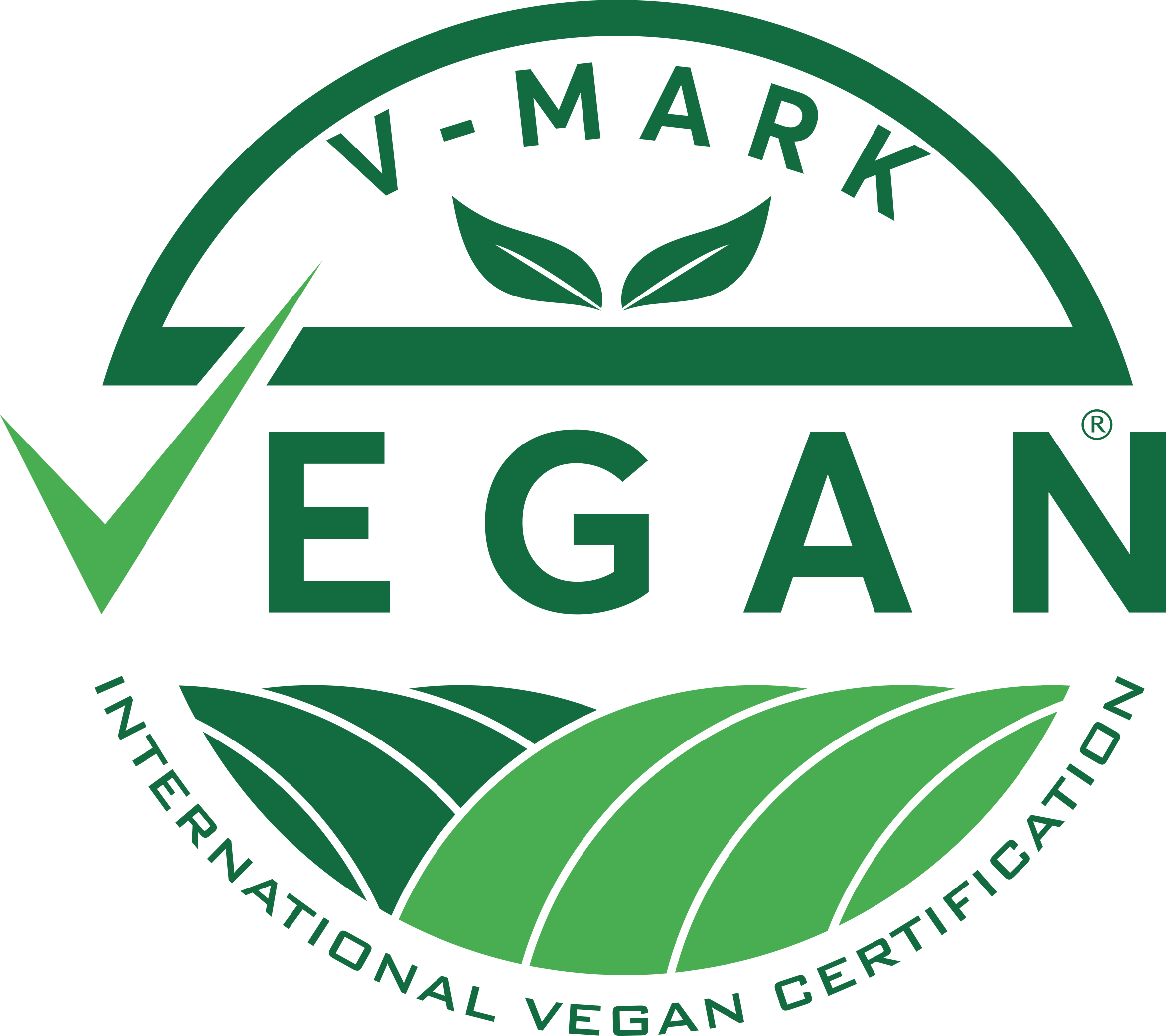Veganism and Heart Health: Is a Vegan Diet Good for the Heart?
Veganism is a lifestyle choice that is becoming increasingly popular. It involves omitting all animal products from one’s diet and abstaining from the use of animal products such as leather and wool. But what about the heart? Is a vegan diet good for heart health?

The short answer is yes - it can be. Studies have shown that vegans tend to have lower rates of heart disease and other cardiovascular issues, as well as lower cholesterol levels. This is likely due to the fact that vegan diets are typically high in fiber and antioxidants, and low in saturated fat and cholesterol.
Vegans also tend to consume fewer processed foods and more fresh fruits and vegetables, which are rich in antioxidants and other nutrients that help to protect the heart. In addition, vegan diets are typically low in sodium, which can help to reduce blood pressure.
However, even though vegan diets can be beneficial for heart health, it is important to remember that not all vegan diets are created equal. It is important to make sure that the vegan diet is balanced and includes a variety of nutrient-dense foods.
For example, a vegan diet should include a source of omega-3 fatty acids, such as walnuts, flaxseed, and chia seeds. Iron-rich foods, such as dark leafy greens, tofu, and legumes, should also be included. In addition, it is important to make sure that the vegan diet includes enough calcium, vitamin B12, and vitamin D, as these nutrients are important for heart health.
In conclusion, a vegan diet can be beneficial for heart health if it is balanced and includes a variety of nutrient-dense foods. It is important to make sure that the vegan diet includes sources of omega-3 fatty acids, iron-rich foods, calcium, vitamin B12, and vitamin D. As long as these components are included, a vegan diet can be good for the heart.
Blog
- Are Vegan People Healthy? Examining the Science Behind a Plant-Based Diet
- Is Veganism Harmful? A Look at the Risks and Benefits
- The Ethics of Veganism: Why People Choose a Plant-Based Diet
- The Health Benefits of Veganism: What the Research Shows
- The Myths and Realities of Veganism: Separating Fact from Fiction
- The Rise of Veganism: A Look at the Growing Movement
- Veganism 101: An Introduction to the Vegan Lifestyle
- Veganism and Aging: Can a Vegan Diet Help You Live a Longer, Healthier Life?
- Veganism and Beauty: Plant-Based Options for a Compassionate Regimen
- Veganism and Cancer: Does a Plant-Based Diet Reduce the Risk of Cancer?
- Veganism and Diabetes: Can a Plant-Based Diet Help Manage Diabetes?
- Veganism and Dining Out
- Veganism and Fashion: Ethical and Sustainable Options
- Veganism and Fitness: How to Build a Strong and Healthy Body on a Plant-Based Diet
- Veganism and Gifts: Ethical and Sustainable Options for All Occasions
- Veganism and Health: Debunking Myths and Exploring the Benefits
- Veganism and Heart Health: Is a Vegan Diet Good for the Heart?
- Veganism and Holidays: Celebrating Compassionately
- Veganism and Nutrient Deficiencies: How to Ensure a Balanced and Healthy Diet
- Veganism and Parenting: Raising Compassionate Kids in a Plant-Based Household
- Veganism and Personal Care: Choosing Cruelty-Free Products
- Veganism and Social Justice: How the Vegan Lifestyle Can Help Create a More Equal World
- Veganism and Travel: Tips for Staying Vegan on the Go
- Veganism and Weight Loss: Does a Plant-Based Diet Promote Healthy Weight Loss?
- Veganism and the Environment: The Impact of a Plant-Based Diet
- Veganism for Beginners: A Step-by-Step Guide to Adopting a Plant-Based Lifestyle

GET CERTIFIED
